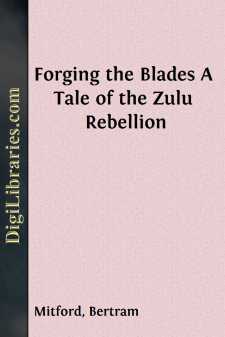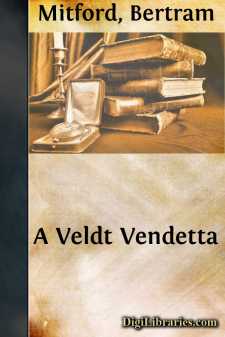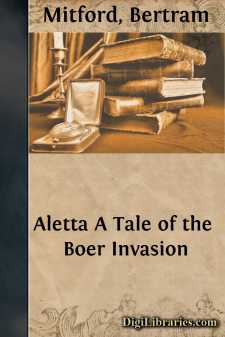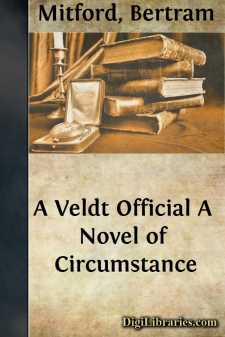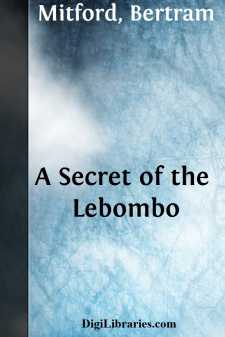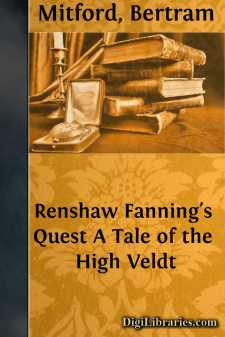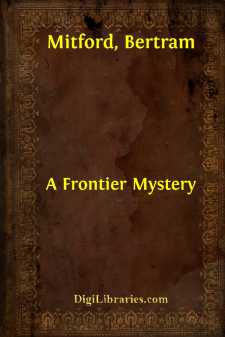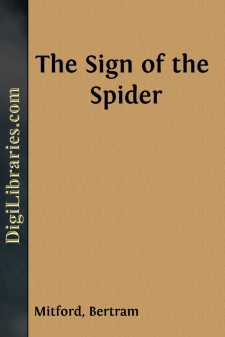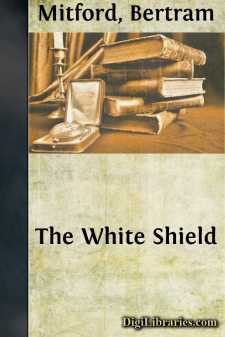Categories
- Antiques & Collectibles 13
- Architecture 36
- Art 48
- Bibles 22
- Biography & Autobiography 813
- Body, Mind & Spirit 142
- Business & Economics 28
- Children's Books 15
- Children's Fiction 12
- Computers 4
- Cooking 94
- Crafts & Hobbies 4
- Drama 346
- Education 46
- Family & Relationships 57
- Fiction 11829
- Games 19
- Gardening 17
- Health & Fitness 34
- History 1377
- House & Home 1
- Humor 147
- Juvenile Fiction 1873
- Juvenile Nonfiction 202
- Language Arts & Disciplines 88
- Law 16
- Literary Collections 686
- Literary Criticism 179
- Mathematics 13
- Medical 41
- Music 40
- Nature 179
- Non-Classifiable 1768
- Performing Arts 7
- Periodicals 1453
- Philosophy 64
- Photography 2
- Poetry 896
- Political Science 203
- Psychology 42
- Reference 154
- Religion 513
- Science 126
- Self-Help 84
- Social Science 81
- Sports & Recreation 34
- Study Aids 3
- Technology & Engineering 59
- Transportation 23
- Travel 463
- True Crime 29
The King's Assegai A Matabili Story
by: Bertram Mitford
Description:
Excerpt
Prologue.
“You were astonished when I refused your piece of gold, Nkose. But were you to offer me your waggon loaded up with just such shining gold pieces, even that would not coax this broad spear out of my possession.”
(Nkose: literally “chief”—a title of civility which the innate courtesy of the Zulu moves him to bestow upon the stranger. In this connection it corresponds to “sir.”)
“I should be sorry to make the offer, Untúswa, for I fear that, whatever its merit, I should be the owner of a weapon for which I had paid too long a price.”
But the old Zulu only shook his head, contemptuously, it seemed, and the faint, satirical smile which turned down the corners of his mouth seemed to say, “This poor fool! Does he know what he is talking about?”
“Let me look at it again, Untúswa,” I said, reaching out for the weapon for which a few minutes before I had ended by offering a golden sovereign—having begun with a few worthless items of truck, such as beads, pocket-knives, etc. It was a splendid assegai of the short—handled, close-quarter type. The blade, double-edged, keen and shining, was three fingers broad and at least twenty inches in length, and was secured in its socket by raw-hide bindings, firm as iron, and most neatly and tastefully plaited. The haft, expanding at the butt into a truncated knob, was of a curious dark wood, something like ebony, almost black, and highly polished.
“Au! You are a good man, Nkose. You will not do anything to it?” was the somewhat reluctant reply, as the weapon was handed over.
“Bewitch it, I suppose you mean, Untúswa? Have no fear. There is no tagati about me—not a grain.”
Handling this splendid specimen of an assegai, poising it, noting its perfect and graceful make, its strength and temper, I was inclined to quadruple my original offer, but that I felt confident that the old man was in dead earnest as to his statement that untold gold would not induce him to part with this weapon. But here, I thought, is the direct antithesis of the Needy Knife-Grinder. This man has a story to tell, if only he can be induced to tell it.
The hour was propitious—the still, deliciously lazy time of the mid-day outspan. From our position on the Entonjaneni heights we commanded a fair expanse of the crag-crowned hills and rolling plains of Central Zululand. Beneath lay the wide bush-clad valley of the White Umfolosi—the river winding in a snaky band. Beyond, the Mahlabatini Plain—now silent and deserted—and there six great wizard-circles in the grass alone showed where had stood, a year or so back, just that number of huge kraals, the principal of which was Ulundi.
The unwilling dealer in prize assegais was a tall, thin old man, whose age it would have been impossible to guess were it not that by his own showing he must have been at least as old as the century—which would have given him fourscore. Though lean and shrunken, he showed evidences of the former possession of great muscular power, and even now was as straight as a telegraph-pole, and carried his ringed head slightly thrown back, as became a man who was somebody....



